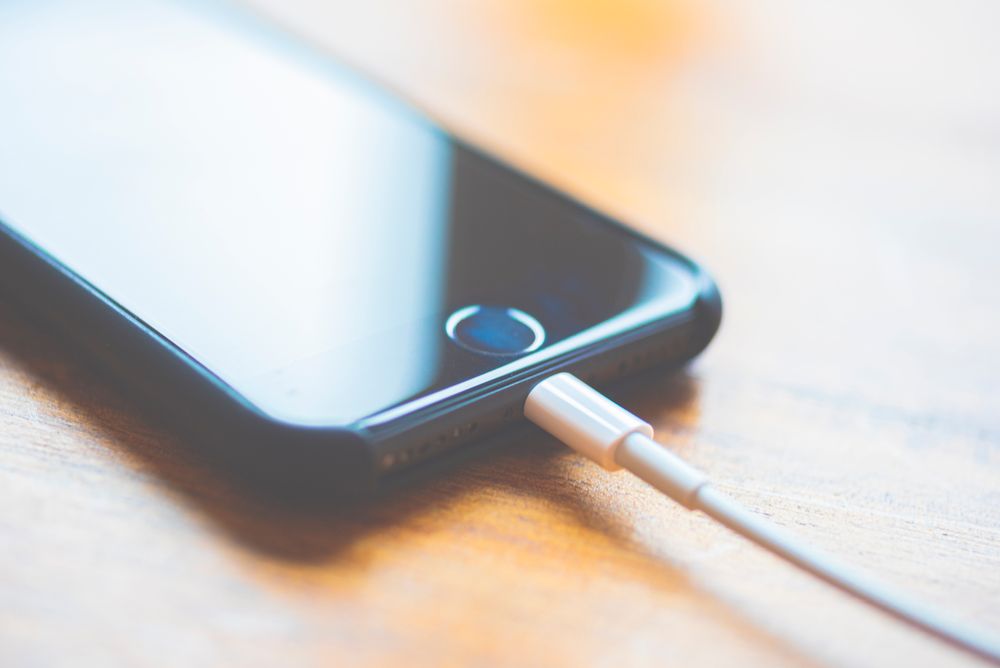Those of us living on the edge with our smartphone batteries under 10% all day are typically thrilled to see a free charging station when we arrive at an airport or hotel. What's better than free electricity to get your phone back in the green zone, right?
The FBI's Denver office says the days of worry-free public charging may be drawing to a close: They're advising the public to refrain from using free charging stations since hackers have figured out ways "to introduce malware and monitoring software" onto your devices.
Avoid using free charging stations in airports, hotels or shopping centers. Bad actors have figured out ways to use public USB ports to introduce malware and monitoring software onto devices. Carry your own charger and USB cord and use an electrical outlet instead. pic.twitter.com/9T62SYen9T
— FBI Denver (@FBIDenver) April 6, 2023
As The Washington Post reports, it's part of a series of warnings about "juice jacking," a very filthy-sounding cybercrime that could also steal data like credit-card info from a smart device. Even though we're getting the warning at this very late year of 2023 (a similar alert in 2021 from the FCC didn't raise much public awareness), the idea has been around since 2011, just a few years after the first iPhone was introduced. But apparently, it's taken this long for juice jacking to be widespread enough to warrant an FBI alert.
Newer charging stations with USB-C ports may be more secure, but the FBI says your best bet is just to carry your own charger and cable and to avoid potentially problematic public chargers. If you plug in and your phone asks you to trust whatever you're plugging into, say no and unplug.
Wireless public chargers may also be safer; it's apparently much less likely you'll get hacked via wireless chargers than on USB charging stations.
So, come on people, let's practice safe charging out there. Don't just plug into any potentially dirty-ass public port you see or you might get juiced and jacked at the same time.
More From LEVEL:
